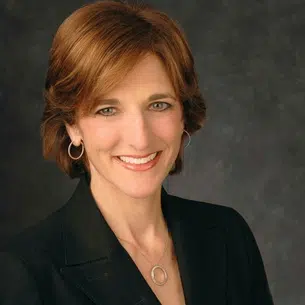SCHLOSS ELMAU, Germany (Reuters) – Some of the leaders of the Group of Seven (G7) rich democracies are pushing for an acknowledgement of the need for new financing for fossil energies investments, two sources told Reuters on Sunday, as European states scramble to diversify supplies.
Delegations at the annual G7 summit are debating whether such an acknowledgement can be made compliant with a commitment some countries made at the COP26 United Nations conference to halt financing for international fossil fuel projects by the end of 2022.
“(It is) possible that there will be wording in the declaration that investment for fossil energy should be possible for a certain time,” an EU diplomat said on the first day of the annual G7 summit, which this year is taking place in Germany.
Italian Prime Minister Mario Draghi, whose country is also reliant on Russian supplies, said publicly on Sunday that there are short term needs for investment in gas infrastructure “in developing countries and elsewhere.”
At a news conference on a G7 investment drive in developing nations, Draghi said it should be possible to convert such infrastructure to use hydrogen in the future.
European countries are suffering a squeeze in energy imported from Russia as the Ukrainian conflict escalates, and worries are mounting over the effects on the industry of countries especially dependent on Moscow.
The European Union relied on Russia for as much as 40% of its gas needs before the war – 55% for Germany.
One of the sources said German Chancellor Olaf Scholz – the G7 chair – put the issue of new infrastructure on the leaders’ agenda and discussions are ongoing on whether to include it in the final statement of the meeting.
A German government spokesperson declined to comment on the latest developments.
“It’s about the question: how do we achieve the climate transition despite using gas a bridging form of energy and how can we ensure this isn’t used as an excuse to soften the climate goals?” a German government official said on Saturday.
(Reporting by Angelo Amante and Andreas Rinke; Editing by Nick Zieminski)







